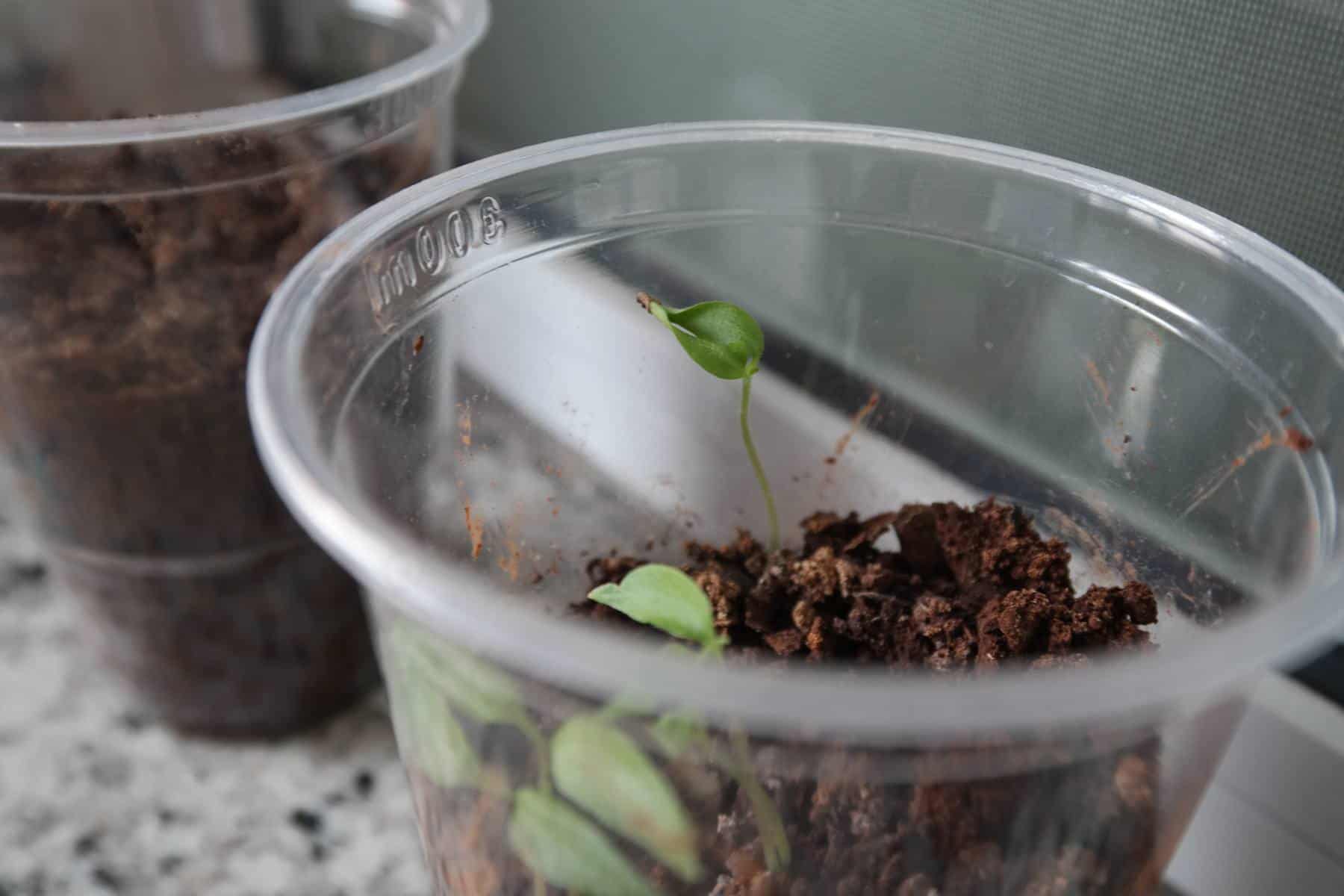Organic Fertilizer Benefits: The Secret for Better Harvest and Improved Soil
Did you know that in the past, before the advent of chemical or inorganic fertilizers; farmers worked a particular piece of land for 2-3 years before shifting to another plot? Soil fertility was hardly ever exhausted, in spite of many generations or people growing plants in the same soil. That was in the era of the bush fallow system when modern supplies and fertilizers were not available. That system worked well because it relied on local organic sources of nitrogen, mostly being animal manure and composted vegetation. However, the bush fallow system doesn’t scale up well without advanced design to guide production. Permaculture is one such design system. Unfortunately, it is still in its infancy and many in the organic gardening space are just now learning how it works.
If we are to go back to the early farming techniques, we cannot also achieve the same results they did. Why? Simply put, a large portion of that fertility has been lost. Over time, bad soil management practices have depleted many growing regions of microbial activity. Until that trend is reversed, we need organic fertilizers. So, let’s take a look at some Organic Fertilizer Benefits. But first, how did we get here? Why do we need fertilizer when plants grow wild without our help? And what can be done now about our need to supplement our plants?
The question is Why? And What can be done?
Many agricultural reforms have been attempted with the goal of regaining soil structure and fertility. Such reforms include relay farming and mulching, but these efforts are difficult to work on a commercial scale.

So, this led to the use of traditional fertilizer types you see referenced in most garden books. Generally, fertilizer (organic or synthetic) is any material added to the soil to increase its ability to support plant growth. Did you know that different stages of plant growth require different nutrient amounts? Plants requires certain nutrient elements in varying concentrations. Those needed in large quantity are macro nutrients like; Calcium (Ca), Nitrogen (N), Magnesium (M), Sulfur (S), Phosphorus (P), Potassium (K). In smaller quantity (micro nutrients) are needed. These include; Chlorine (Cl), Boron (B), Iron (Fe), Copper (Cu), Manganese (Mn), Molybdenum (Mo), and Zinc (Fe). The main ones you see referenced all they time in an extension catalog are commonly referred to as a fertilizers NPK ratio. Those are the most important nutrients, but the other all play an important role in organic growing.
Chemical, Synthetic or Inorganic Fertilizers
These contain chemicals that are somewhat biodegradable. About 20% of the nutrients in a chemical fertilizer application are taken up by plants. The rest is left to cause run-off nitrate buildup in our lakes and rivers. Chemical fertilizers supply excess nutrients to the plant. They do this by design to make up for the fact that plants simply cannot absorb this form of fertility very well. So, this has farmers dancing on a tight rope. It’s a difficult balancing act. They must balance carefully between too much or not enough fertilizer. When they get the application rate wrong, it is absorbed in excess. This leads to leaf burns and possible crop failure. Synthetics are produced from non-renewable sources like coal, natural gas and a process that makes rock minerals more soluble with the use of acids.
Inorganic fertilizers are formulated from a chemical reaction which yields ammonia. This ammonia is further used to produce urea and ammonium nitrate (fertilizer). Nitrate is a big boost to plant growth rates. Rapid plant growth from nitrogen is not the only function of the nutrients present in the soil though. Other factors and components of the soil ecosystem contribute immensely to overall health and hardiness. Lacking any one of the macro or micro nutrients might jeopardized the growth and development of plants. So, consider the bigger picture, and choose organic fertilizers that include bioavailable micronutrients.
Acidity, Salt and Erosion
The use of chemical fertilizers over time leads to soil acidity and causes a loss of organic matter. All the necessary organisms that improve soil quality through their activities are harmed. Chemical fertilizers are filled with soluble mineral salts which are not easily absorbed by plant roots. These salts are what reduces soil life over time. They impede the activities and survival of soil organisms such as earthworms, millipedes, and microorganisms. The soil improving activities of these organisms include; improving soil structure, texture, aeration and water infiltration.
Continued application has a cumulative effect on the soil. Over time carbon decreases, acid increases, and salts destroy life. The use of inorganic fertilizers does not improve the soil over time. You literally trade short-term gains this year for diminished yields later on. Inorganics destroy the structure of your soil and will cause a nutrient deficiency. It compacts the soil, which then becomes mostly lifeless. This encourages pests and forces the continual application of chemical fertilizer to promote plant growth.
Unused chemicals and a good bit of your topsoil are washed into water bodies. Once this happens it cause problems for fisheries and wildlife. These problems include; eutrophication (depletion of oxygen in water as a result of dissolved nutrients) which leads to algal blooms (excessive growth of algae), poisoning of water and the outright destruction of aquatic organisms. Some of these fertilizers are leached down into the water table. In some areas, this poses a risk to human health and increased costs for water treatment facilities.

Benefits of Organic Fertilizers
Organic fertilizers are derived from natural materials. Sometimes this means the remains of living organism and their end-products. These materials include animal manure, fish, worm castings, compost, kelp, guano, or bone meal. For a larger garden or farm, bulk organic fertilizer mixtures are as effective and also more suitable than blended chemical fertilizers. They come in different forms processed into products like:
• kelp and sulfur
• kelp/potash
• liquid lime
• greensands
• cottonseed meal
• alfalfa pellets
• soybean meal
• corn gluten meal
• wood ash
• bat and bird guano
• chicken-feather meal
• fish meal
• bone meal
• manure pellets
• compost and worm-castings

All these offer plants a significant amount of macro nutrients and other micro elements. So, growing with organic fertilizer feeds the plants, while also building the soil. The same cannot be said for inorganic fertilizer supplies meant for a conventional garden. Soils high in organic matter are loose and retain moisture and nutrients. The presence of organic matter hastens growth of soil organisms and helps plants with root development.
Environmental and Economic Benefits of Organic Fertilizer
Its numerous benefits can be viewed based on sustainability, both from an economic and environmental aspect. Organic fertilizers are renewable, biodegradable, and sustainable. They are friendly to man and organisms in the environment. Organics maintain the soil nutrient cycle. So, nutrient losses are limited to harvest. Inorganic fertilizers do not work effectively in restoring dead/degraded soil; however, organic fertilizers build nutrients that naturally recharge the soil with high fertility. So, consider switching to an organic or natural product to reap the many benefits.
Economic Benefits
- Food products raised with natural fertilizer do not contain toxic chemicals. It has a unique taste. This is due to higher mineral concentrations. So market your product at a higher price point.
- It is cost effective and less expensive. In fact, you can treat an entire acre with $30 fertilizers in most cases.
- Natural fertilizers supply important micronutrients. These can help increase the shelf life of your product post-harvest.
- They increase outputs, which means more income (ROI) to the farmer.
Environmental Benefits
• Organic fertilizers are bio-degradable and pollution free.
• It improves soil quality, fertility, and nutrient retaining capacity.
• Improves soil texture, structure, and aeration. It also increases the soils water holding capacity.
• Organic fertilizers provide a continuous release of nutrients, thus giving a stable growth period.
• It helps to prevent soil erosion as it increases infiltration rate and maintains vegetation cover.
• There is no risk of the accumulation of toxic chemicals and salts.


